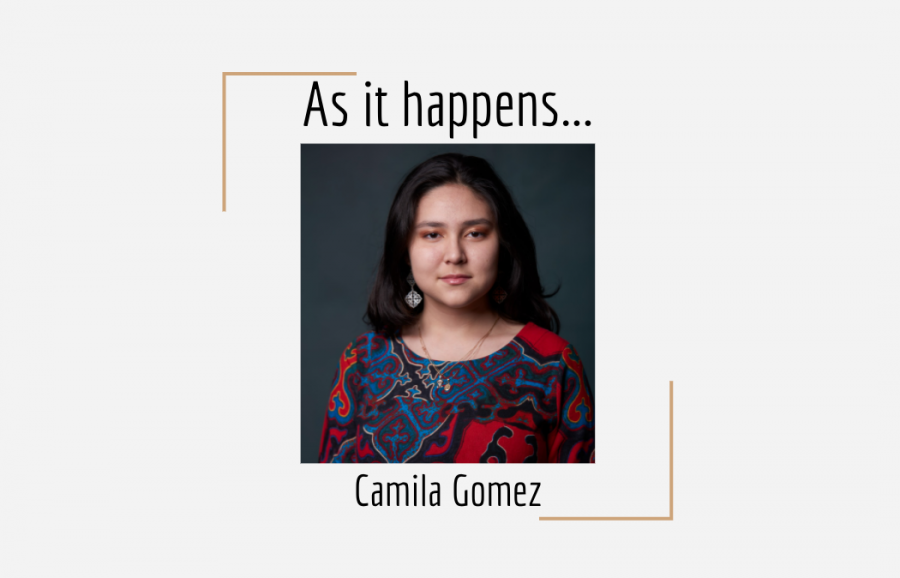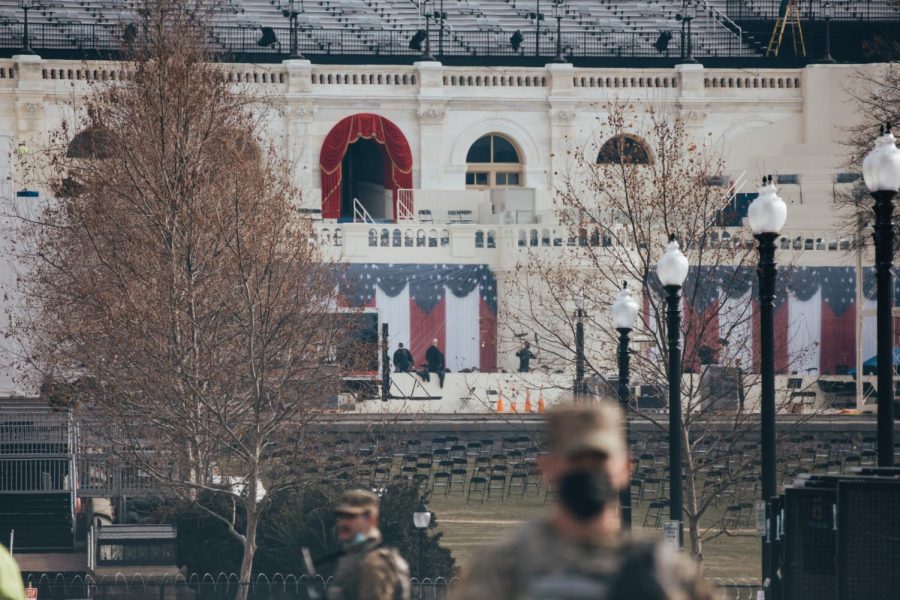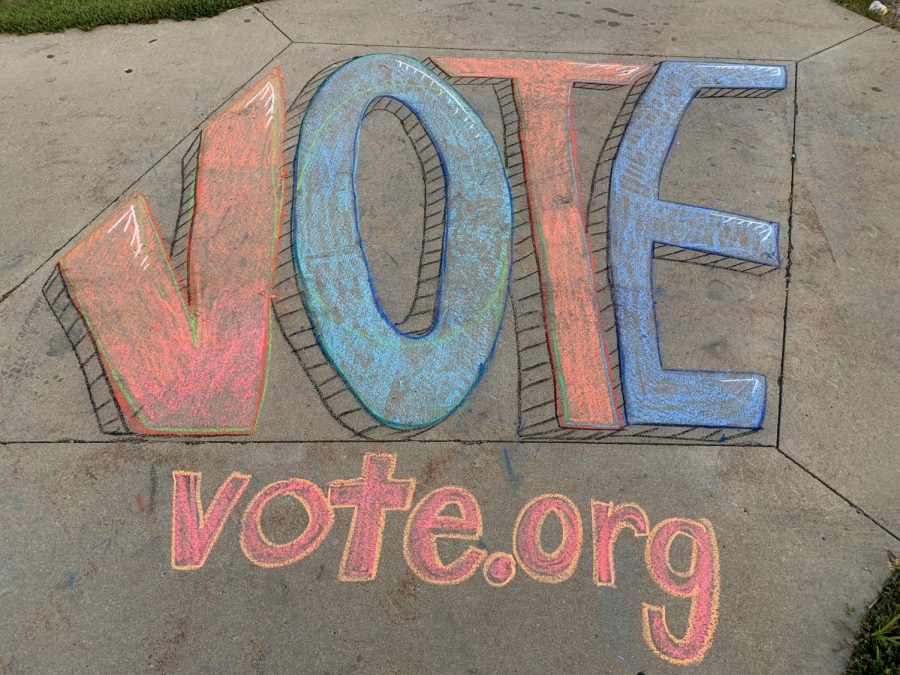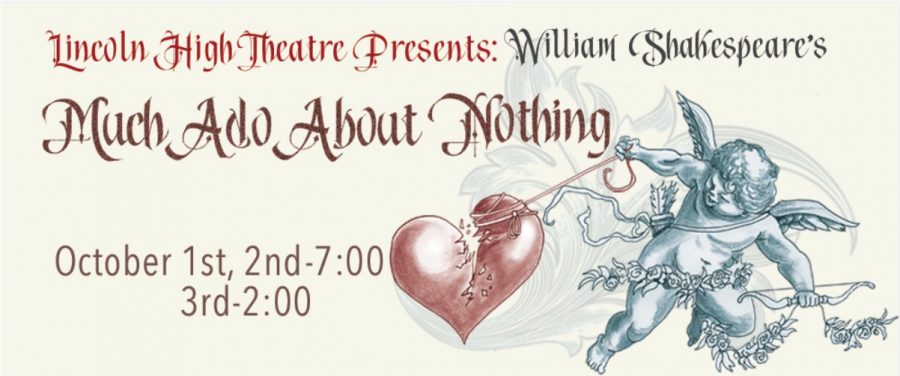As one of the school’s core values, diversity is celebrated within the Lincoln High community. Teachers and students from a rich multitude of different backgrounds, perspectives, and life experiences all study under the same roof. There are some populations, however, that are less well-known throughout the building. One such group is the native Russian-speaking community at LHS.
ELL Teacher Konstantin Blume was born in Western Ukraine but travelled between Ukraine and Russia throughout his teenage years. He learned both Russian and Ukrainian as his first languages. “I’m quite fluent in both, but my Russian is much stronger and more academic because I did most of my studying in Russian,” Blume said.
Indeed, Blume credits his education in Ukraine and Russia (as well as in the US) as important factors to the way he defines himself. “What has stayed with me over the years was probably given to me by my parents and my education. Those things were, of course, themselves influenced by the wider culture of my parents and my grade school and college.”
“It’s a cliché, but, to a degree, you do learn the culture of the language you learn…though the languages and cultures I experienced as a child definitely imprinted on the way I think and process things, there are stronger influences in my life now that can be said to “define” me,” Blume said.
Blume describes the difficulty of talking about identity, delineating between aspects of identity that are given, such as heritage, versus external influences.
“Identity has certainly been many things for different people,” Blume said. “One of the aspects that makes the term so fluid is that it is never clear to me to what extent the person controls that which defines who they are…I think I can make the determination as to where my “heritage” fits in that regard, now that I have been away from the country of my birth for over two decades.”
“I was in my early twenties when I came to the US…The move affected me in a way that is likely hard for me to appreciate fully. What I will say is that every time you leave your ‘natural habitat,’ you are forced to confront who you are in a very sobering way…When you live exclusively within your culture of origin, it is at times hard for you to draw a line of demarcation between what you truly are and what you simply have learned to imitate…When you move to a different country, you don’t have the instant luxury of just ‘going with the flow’ even if you intend to do so…Learning becomes necessary, even if you are well past your ‘school age.’ You are offered a new way of looking at, valuing, and doing things, the way most people in that culture consider natural and normal.”
He said that moving to a new country “…crystallizes the parts of you that you intend to keep and makes you let go that which is superfluous and can be safely discarded. It forces you to explain to yourself the reasons why you are the way you are or are not.”
Upon reflecting on the opportunities and experiences that moving to Lincoln have provided Blume to better understand himself and the world better, he concludes that “in a sense, I’m thankful for the experience of leaving my country if for no other reason than getting to know myself better and getting rooted in things that are central to me and making me who I am today.”
After 20 years of living in Lincoln, Blume says “I am ready to call Lincoln my home as much as any other city where I lived for any considerable length of time. It’s been a really easy place for me to love living in. You can call me “Russian” or “Ukrainian” if you like, but — having lived in Lincoln for over half of my life — I feel I am also just as much “American” and “Midwestern.”








